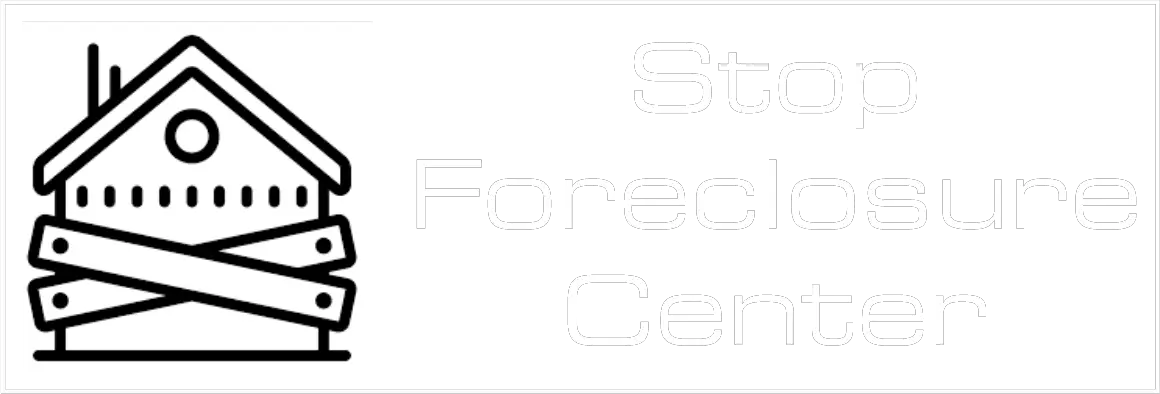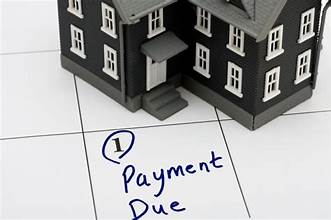If you’ve ever found yourself in the uncomfortable situation of missing a mortgage payment, you’re not alone. Life can throw unexpected challenges our way, and sometimes, finances can get tight.
Missing a mortgage payment is a stressful situation, but it’s essential to remember that there are proactive steps you can take to navigate through it and minimize the potential negative consequences.
In this article, we will discuss these steps and offer guidance on how to handle this situation effectively.
The Impact of a Missed Mortgage Payment
Before we delve into the proactive steps to take, it’s crucial to understand the potential consequences of missing a mortgage payment. A missed payment can have both immediate and long-term effects on your financial well-being.
1. Immediate Impact
Missing a mortgage payment can result in late fees and penalties, increasing your overall financial burden. These additional costs can make it even more challenging to catch up on your payments.
2. Damage to Your Credit Score
Your credit score plays a significant role in your financial life. A missed mortgage payment can lead to a drop in your credit score, making it harder to qualify for future loans or credit cards and potentially increasing interest rates on existing credit.
3. Risk of Foreclosure
While missing a single payment does not automatically lead to foreclosure, it can be a step in that direction. Repeated missed payments can put your home at risk.
Proactive Steps to Take When You Miss a Mortgage Payment
Now that you understand the potential consequences, let’s explore proactive steps to help you navigate this challenging situation effectively:
1. Contact Your Lender Immediately
As soon as you realize you’ve missed a mortgage payment, don’t delay. Reach out to your lender immediately. Explain the situation honestly, and inquire about any available options for temporary relief, such as forbearance or loan modification.
2. Assess Your Financial Situation
Take a close look at your financial situation to understand why you missed the payment. Did an unexpected expense arise? Were there changes in your income? Identifying the root cause can help you create a plan to prevent future missed payments.
3. Create a Budget
Develop a detailed budget that outlines your monthly income and expenses. This will allow you to prioritize your mortgage payment and allocate funds appropriately. Make necessary adjustments to your spending to ensure you can meet your financial obligations.
4. Explore Financial Assistance Programs
Check if there are any government or community assistance programs available to help homeowners facing financial hardships. These programs can provide temporary relief and support during difficult times.
5. Consider Refinancing
If your financial situation has improved, consider refinancing your mortgage to secure a lower interest rate or extend the loan term. This can lower your monthly payments and make them more manageable.
6. Set Up Automatic Payments
To avoid future missed payments, set up automatic payments for your mortgage. This ensures that your payment is made on time each month, reducing the risk of late fees and credit score damage.
7. Prioritize Your Mortgage
When you’re facing financial difficulties, it’s essential to prioritize your mortgage payment over other non-essential expenses. Sacrificing discretionary spending temporarily can help you get back on track.
8. Consult with a Financial Advisor
If you’re unsure about the best course of action, consider seeking advice from a financial advisor. They can provide personalized guidance and help you make informed decisions regarding your mortgage and finances.
9. Stay in Communication with Your Lender
Maintain open communication with your lender throughout the process. If your financial situation changes or you encounter difficulties in following your repayment plan, inform your lender promptly.
10. Plan for the Future
Use this experience as an opportunity to improve your financial literacy and planning. Create an emergency fund to handle unexpected expenses and establish a solid financial foundation for the future.
11. Review Your Mortgage Terms
Take the time to review your mortgage terms and understand the clauses related to missed payments, penalties, and options for repayment. Knowledge of your contract can be empowering in negotiations with your lender.
12. Seek Legal Advice If Necessary
In extreme cases where foreclosure becomes a real threat, consider consulting with a real estate attorney. They can provide legal guidance and explore potential solutions to protect your home.
Common Reasons for Missing Mortgage Payments
Understanding the common reasons behind missed mortgage payments can shed light on the challenges that many homeowners face. By addressing these underlying issues, you can take proactive steps to prevent future financial difficulties. Here are some frequent causes of missed mortgage payments:
1. Job Loss or Income Reduction
A sudden job loss or a significant reduction in income can disrupt your ability to make mortgage payments. Unforeseen layoffs, downsizing, or changes in employment can catch homeowners off guard.
2. Medical Expenses
Health emergencies and medical bills can put a strain on your finances. Even with health insurance, the cost of treatments, surgeries, or ongoing medical conditions can lead to financial instability.
3. Divorce or Separation
Divorce or separation often involves the division of assets and financial responsibilities. This transition can lead to uncertainty about mortgage payments, especially when one spouse was primarily responsible for handling finances.
4. Unexpected Home Repairs
Homeownership comes with the responsibility of maintaining your property. Unexpected repairs, such as a damaged roof, plumbing issues, or structural problems, can strain your finances, making it challenging to meet your mortgage obligations.
5. Overspending and Debt Accumulation
Some homeowners struggle with overspending or accumulating high levels of consumer debt. Managing multiple financial obligations can become overwhelming and may result in missed mortgage payments.
6. Lack of Financial Literacy
A lack of financial education can make it difficult to manage finances effectively. Many individuals may not fully understand their mortgage terms, interest rates, or the consequences of missed payments.
7. Economic Downturns
Economic downturns or recessions can affect job stability and financial markets. These external factors can impact your ability to meet mortgage payments.
Conclusion
Missing a mortgage payment is undoubtedly a stressful experience, but it’s important to remember that there are proactive steps you can take to mitigate the negative consequences. By contacting your lender, assessing your financial situation, and following the steps outlined in this article, you can work towards finding a solution that allows you to maintain your homeownership and financial stability.

